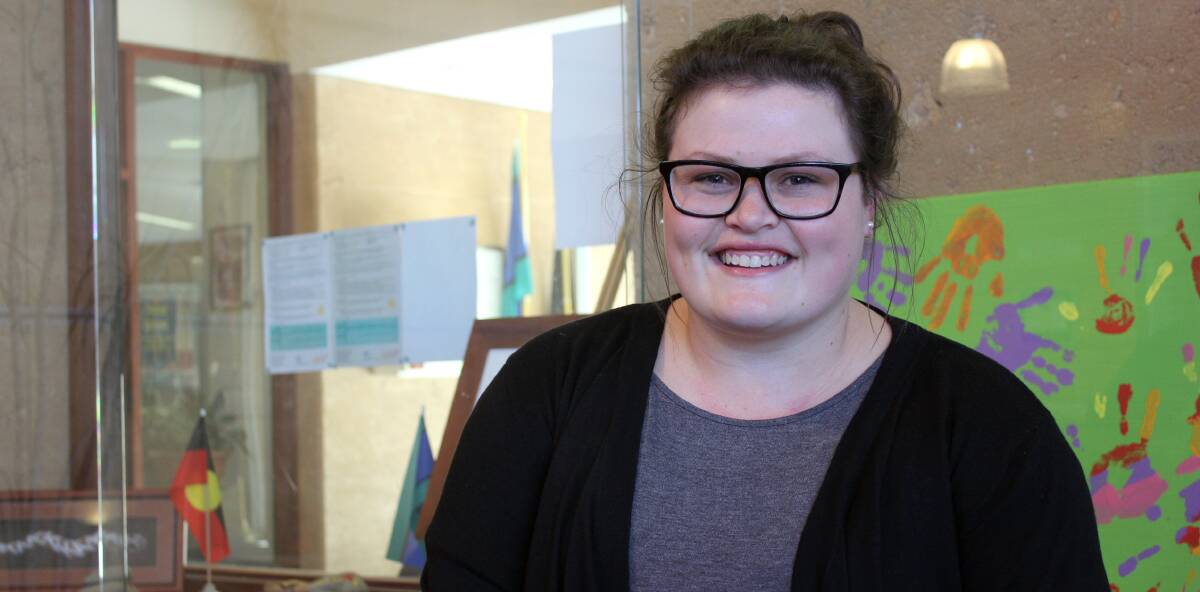
DISPARITY in Indigenous education rates is still rife in Australia, but this Trimester 26 students will graduate from the University of New England.
Subscribe now for unlimited access.
or signup to continue reading
Carleigh Wallace is amongst those Aboriginal and Torres Strait Islander students and will graduate with a Bachelor of Primary Education.
Ms Wallace was offered a position at Drummond Memorial School and said it is so important to her that Indigenous perspectives are shared.
“I have an Indigenous family and a Caucasian family, my mother was an Aboriginal woman and my dad is a white man so I have both sides in my life, I like to be able to tell the stories from both sides because I have that in my family,” she said.
“Being part of a generation of people who are doing whatever we want when it comes to academics is so important.”
For Ms Wallace it is a privilege to be able to share stories from her childhood.
“I went to the beach with my grandfather and he told me stories about pipi hunting, things that had been passed down through his family,” she said.
“To be able to go over things from my past, the trauma from my pop’s side and to be able to share the behaviours that are now a part of his everyday life because of things that happened to him as a child and in his adolescence, I cried once telling that story.
“I think it’s really important for them to see that it [transgenerational trauma] still affects people, I’m not crying for me but I’m crying for the trauma that I see that my grandfather who is now 74 still carries around.”
Ms Wallace aspires to complete a Masters in Education and close the gap in Indigenous education.
“There’s this goal that we need to improve our Indigenous student rates but there’s not a lot of structure,” she said.
“The Department of Education wants it to happen and it needs to happen but I want to work out how to make it happen.
“Our kids are so capable but they just don’t know it and I want them to know it.”
Graduation is on October 21 and 22.


